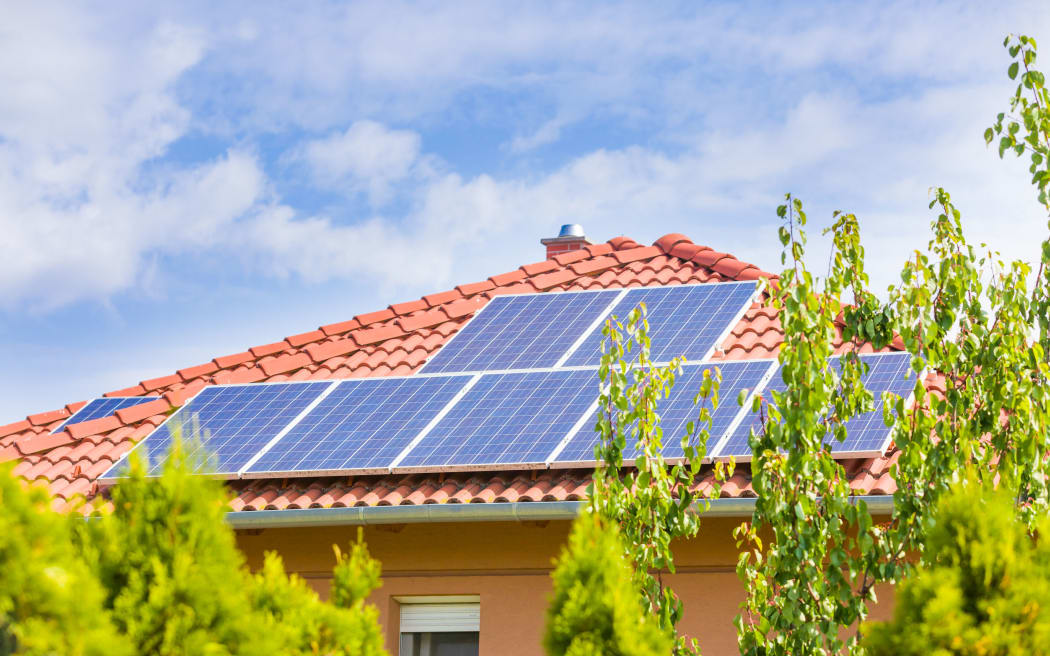Business
Electricity Authority Proposes Doubling Export Limits for Renewable Energy

The Electricity Authority in New Zealand has proposed an increase in the export limits for small-scale solar and wind energy systems. The authority aims to double the amount of power that can be exported to local networks from 5 kilowatts to 10 kilowatts. This change is part of a broader effort to update regulations governing distributed generation, which the authority considers outdated.
According to Tim Sparks, general manager of the Electricity Authority, existing rules allow lines companies considerable discretion in determining how much electricity can be exported. Sparks expressed concern that low export limits represent an inefficient use of available electricity resources. He stated, “Our concern is that low export limits are an inefficient use of electricity. This electricity could be put to better use by supporting the wider network and benefiting all New Zealanders.”
The authority is actively seeking feedback on the proposed changes. Sparks highlighted that the current rules encourage distributors to impose conservative limits, which unnecessarily restrict the amount of electricity that can be exported. By proposing a default export limit of 10 kilowatts for small-scale generation, such as rooftop solar, the authority aims to enhance the potential for energy distribution.
Currently, most lines companies adhere to a 5 kilowatt limit for residential solar installations. Notably, some companies have begun to adopt higher limits; one company has recently increased its cap to 10 kilowatts. Sparks believes this trend should be embraced by others in the industry. “We want people who have invested in distributed generation to get a better return on their investment by being able to export more electricity,” he remarked.
Encouraging Investment in Renewable Energy
The proposed changes are designed not only to benefit individual consumers but also to bolster the overall energy network. By allowing more electricity to be exported, the Electricity Authority anticipates that it will encourage further investment in renewable energy systems. This could lead to installations of larger systems that meet both personal energy needs and contribute surplus energy back to the grid.
In addition to adjusting the export limits for small-scale generation, the authority is advocating for the development of a standardized assessment method for establishing export limits for larger renewable energy sources, including solar and wind farms. Sparks emphasized the need for a more systematic approach to ensure that all forms of renewable energy are utilized effectively.
The Electricity Authority’s initiative marks a significant shift in energy policy aimed at modernizing the framework for renewable energy generation in New Zealand. As the country continues to explore sustainable energy solutions, these proposed changes could play a crucial role in enhancing energy efficiency and promoting a greener future for all New Zealanders.
-

 World4 months ago
World4 months agoTest Your Knowledge: Take the Herald’s Afternoon Quiz Today
-

 Sports4 months ago
Sports4 months agoPM Faces Backlash from Fans During Netball Trophy Ceremony
-

 Lifestyle4 months ago
Lifestyle4 months agoDunedin Designers Win Top Award at Hokonui Fashion Event
-

 Entertainment5 months ago
Entertainment5 months agoExperience the Excitement of ‘Chief of War’ in Oʻahu
-

 Sports4 months ago
Sports4 months agoLiam Lawson Launches New Era for Racing Bulls with Strong Start
-

 World5 months ago
World5 months agoCoalition Forms to Preserve Māori Wards in Hawke’s Bay
-

 Health4 months ago
Health4 months agoWalking Faster Offers Major Health Benefits for Older Adults
-

 Lifestyle4 months ago
Lifestyle4 months agoDisney Fan Reveals Dress Code Tips for Park Visitors
-

 Politics4 months ago
Politics4 months agoScots Rally with Humor and Music to Protest Trump’s Visit
-

 Top Stories5 months ago
Top Stories5 months agoUK and India Finalize Trade Deal to Boost Economic Ties
-

 Health2 months ago
Health2 months agoRadio Host Jay-Jay Feeney’s Partner Secures Visa to Stay in NZ
-

 World5 months ago
World5 months agoHuntly Begins Water Pipe Flushing to Resolve Brown Water Issue









